Beleuchten Sie Ihren Küchenbereich mit Zuversicht, indem Sie unser Expertenwissen über LED-Leuchtbänder nutzen. Mit unserer Schritt-für-Schritt-Anleitung lernen Sie, wie Sie das Ambiente und die Funktionalität Ihrer Küche verbessern können, um eine leuchtende und einladende Umgebung zu schaffen, in der Sicherheit und Stil nahtlos ineinander übergehen.
Die Installation von LED-Lichtbändern über dem Herd steigert nicht nur die optische Attraktivität Ihrer Küche, sondern verbessert auch die Arbeitsbeleuchtung, die für die Sicherheit und Effizienz beim Kochen entscheidend ist. Der Schlüssel liegt in der Auswahl von Leuchten, die hitzebeständig, wasserdicht und einfach zu warten sind, damit sie sich nahtlos in das Design Ihrer Küche einfügen und gleichzeitig den Anforderungen des täglichen Gebrauchs standhalten.
Tauchen Sie ein in unseren Expertenratgeber, um die Feinheiten der LED-Beleuchtung über Ihrem Herd zu entdecken. Entdecken Sie wichtige Tipps für die Auswahl, die Installation und Wartungsstrategien, die Ihre Küche nicht nur beleuchten, sondern auch in ein Leuchtfeuer aus Stil und Funktionalität verwandeln werden.
Das Wesentliche verstehen: Die Auswahl der richtigen LED-Leuchtbänder
Wenn Sie über die Anbringung von LED-Lichtbändern über Ihrem Herd nachdenken, ist der Auswahlprozess von entscheidender Bedeutung. Wenn Sie sich für die richtigen Leuchten entscheiden, können Sie sowohl die Funktionalität als auch die Ästhetik Ihrer Küche erheblich verbessern.
Kriterien für Hitzebeständigkeit und Wasserdichtigkeit
Die Küche ist ein Schlachtfeld von Hitze, Dampf und gelegentlichen Spritzern, so dass die Haltbarkeit jeder Beleuchtungslösung entscheidend ist. LED-Leuchtbänder für die Küchebesonders in der Nähe von Wärmequellen wie Öfen, müssen besondere Eigenschaften aufweisen, um diesen Bedingungen standzuhalten. Achten Sie auf Lampen, die hitzebeständig und wasserdicht sind, um sicherzustellen, dass sie der intensiven Umgebung, in der sie eingesetzt werden, standhalten können. Überprüfen Sie diese Eigenschaften, um Ihre Investition zu schützen und einen langfristigen Nutzen und Sicherheit zu gewährleisten.
Auswahl von LED-Streifen mit angemessener Helligkeit und Farbtemperatur
Die Helligkeit und die Farbtemperatur Ihrer LED-Leuchten sind mehr als nur Spezifikationen - sie prägen die Atmosphäre Ihres Kochbereichs und beeinflussen Ihren visuellen Komfort bei der Zubereitung von Mahlzeiten. Die in Lumen gemessene Helligkeit sollte ausreichen, um Ihren Arbeitsbereich zu beleuchten, ohne ihn zu belasten oder harte Schatten zu werfen. Die Farbtemperatur bietet ein breites Spektrum an Möglichkeiten: Warmes Weiß kann eine gemütliche, einladende Atmosphäre schaffen, die sich ideal für Küchen eignet, die auch als Versammlungsräume genutzt werden, während kühleres Weiß Tageslicht simulieren kann, das Klarheit schafft und die Konzentration bei der Essenszubereitung verbessert.
Marken- und Modellempfehlungen für den Einsatz in der Küche
Bei der Fülle von Marken auf dem Markt kann die Auswahl einer zuverlässigen Marke Zeit und Mühe kosten. Marken, die für die Leistung ihrer LED-Leuchtbänder in der Küche durchweg gelobt werden, sollten jedoch ganz oben auf Ihrer Liste stehen. Recherchen und das Lesen von Bewertungen können Aufschluss darüber geben, wie gut bestimmte Modelle den küchenspezifischen Herausforderungen standhalten. Achten Sie auf Erfahrungsberichte, die sich auf die Langlebigkeit, die Widerstandsfähigkeit gegenüber Küchenelementen und die allgemeine Zufriedenheit beziehen, um Ihre Entscheidung zu unterstützen. Wenn Sie sich für eine renommierte Marke entscheiden, erhalten Sie oft einen besseren Kundendienst, eine bessere Garantie und eine höhere Qualität, was Ihre Investition in Küchenbeleuchtung zu einer klugen Entscheidung macht.
Fachgerechte Installation: Gewährleistung von Sicherheit und Funktionsfähigkeit
Bei der Installation von LED-Lichtbändern über Ihrem Herd ist eine sorgfältige Vorgehensweise erforderlich, um sowohl Sicherheit als auch optimale Funktionalität zu gewährleisten. Der Schlüssel liegt darin, die Leuchten nicht einfach nur zu montieren, sondern sie so anzubringen, dass sie einen effektiven Beitrag zur Beleuchtungslandschaft in Ihrer Küche leisten, ohne dabei ein Risiko darzustellen.
Schritt-für-Schritt-Installationsanleitung für Bereiche über dem Herd
Bewertung: Beginnen Sie damit, den Raum über Ihrem Ofen zu beurteilen. Vergewissern Sie sich, dass genügend Abstand zu den Wärmequellen vorhanden ist und dass die Oberfläche sauber und für die Installation geeignet ist.
Planung: Bestimmen Sie die Länge der benötigten LED-Leiste und planen Sie das Layout. Berücksichtigen Sie den Zugang zu Stromquellen und den Weg für die notwendige Verkabelung.
Montage: Verwenden Sie den empfohlenen Klebstoff oder das empfohlene Montagematerial, um den LED-Streifen zu befestigen. Vergewissern Sie sich, dass er fest angebracht und für eine optimale Lichtabdeckung positioniert ist.
Verkabelung: Schließen Sie den LED-Streifen an die Stromversorgung an und beachten Sie dabei alle Sicherheitsrichtlinien. Wenn Sie mehr Erfahrung mit elektrischen Installationen benötigen, sollten Sie einen Fachmann beauftragen, um eine sichere Installation zu gewährleisten.
Prüfung: Testen Sie die LED-Leuchtbänder nach der Installation, um sicherzustellen, dass sie korrekt funktionieren und die gewünschte Beleuchtungsstärke liefern.
Vorbeugende Maßnahmen zur Vermeidung von Hitzeschäden und Feuchtigkeitseintritt
Die Umgebung oberhalb eines Ofens kann für jede Beleuchtungseinrichtung rau sein. Um Langlebigkeit und Sicherheit zu gewährleisten:
Hitzebeständigkeit: Vergewissern Sie sich, dass die LED-Leuchtbänder für hohe Temperaturen ausgelegt sind und weit genug vom Herd entfernt sind, um direkte Hitzeeinwirkung zu vermeiden.
Schutz vor Nässe: Verwenden Sie Leuchten mit einer geeigneten Wasserdichtigkeitsklasse, um sich gegen Dampf und Spritzer zu schützen, die in Kochbereichen häufig vorkommen.
Regelmäßige Inspektion: Überprüfen Sie die Leuchten regelmäßig auf Anzeichen von Hitzeschäden oder eindringende Feuchtigkeit und beheben Sie etwaige Probleme umgehend, um weitere Komplikationen zu vermeiden.
Sicherung und Schutz der Verkabelung vor Gefahren in der Küche
Die Verkabelung ist eine wichtige Komponente, die oft übersehen wird, bis Probleme auftreten. Zum Schutz vor Gefahren:
Tarnung: Verlegen Sie die Kabel fern von stark frequentierten Bereichen und möglichen Wärmequellen und sichern Sie sie mit Klemmen oder Kabelkanälen.
Isolierung: Vergewissern Sie sich, dass die gesamte Verkabelung ordnungsgemäß isoliert ist, damit sie den Umweltbedingungen in der Küche standhält.
Erreichbarkeit: Halten Sie die elektrischen Anschlüsse für Wartungsarbeiten zugänglich und achten Sie darauf, dass sie nicht beschädigt werden können.
Wartung Mastery: Verlängern Sie die Lebensdauer Ihrer LED-Beleuchtung
Die Wartung Ihrer LED-Leuchtbänder ist entscheidend, damit sie Ihre Küche auch weiterhin effektiv erhellen können. Eine routinemäßige Pflege kann ihre Lebensdauer erheblich verlängern, insbesondere wenn sie in schwierigen Umgebungen wie über einem Herd angebracht sind. Hier erfahren Sie, wie Sie dafür sorgen können, dass sie hell leuchten:
Tipps für die regelmäßige Reinigung und Pflege von LED-Streifen in der Küche
Regelmäßige Reinigung ist der Schlüssel, um die Ansammlung von Schmutz in der Küche zu verhindern und sicherzustellen, dass Ihre LED-Leuchten optimal funktionieren. Beginnen Sie damit, die Leisten mit einem weichen Tuch oder Staubwedel vorsichtig abzustauben. Für eine gründlichere Reinigung verwenden Sie ein feuchtes Tuch mit einer milden Reinigungslösung und achten Sie darauf, dass der Strom ausgeschaltet ist und sich die Leisten kühl anfühlen. Vermeiden Sie scheuernde Reinigungsmittel oder Schrubber, die die Oberfläche der Leuchte beschädigen könnten. Achten Sie auch darauf, dass die LED-Leisten trocken sind, bevor Sie sie wieder einschalten, um elektrische Gefahren zu vermeiden.
Gemeinsame LED-Probleme erkennen und angehen
LED-Leuchtbänder sind im Allgemeinen zuverlässig, aber wie bei jeder Technologie können auch bei ihnen Probleme auftreten. Dimmen, Flackern oder Farbverschiebungen können auf ein Problem mit der Stromversorgung, den Anschlüssen oder den LED-Streifen selbst hinweisen. Sollten diese Probleme auftreten, überprüfen Sie zunächst die Anschlüsse und die Stromquelle. Bleibt das Problem bestehen, sollten Sie sich mit dem Hersteller in Verbindung setzen oder bestimmte Teile der Leiste austauschen.
Leitfaden für das Ersetzen von LED-Streifenabschnitten aus Konsistenzgründen
Mit der Zeit können einzelne LEDs oder ganze Abschnitte ausfallen, was zu einer uneinheitlichen Beleuchtung führt. Die meisten LED-Streifen sind so konstruiert, dass sich die Abschnitte leicht austauschen lassen. Um ein Teilstück auszutauschen, müssen Sie den Streifen genau abmessen und zuschneiden und dann das neue Teilstück mit der vom Hersteller empfohlenen Methode anschließen, z. B. durch Löten oder mit Steckern. Eine sichere und ordnungsgemäße Verbindung trägt dazu bei, die Gleichmäßigkeit Ihrer Küchenbeleuchtung zu erhalten und zukünftige Probleme zu vermeiden.
Mehr als nur Beleuchtung: Kreative Einsatzmöglichkeiten von LED-Streifen in der Küche
LED-Lichtleisten sind nicht nur funktional, sondern auch ein dynamisches Designelement, das die Atmosphäre und Ästhetik Ihrer Küche verändern kann. Ganz gleich, ob Sie ein dezentes Leuchten oder ein dramatisches Flair anstreben, hier erfahren Sie, wie Sie mit LED-Leisten das Design Ihrer Küche aufwerten können:
Innovative Beleuchtungsideen jenseits der Aufgabenbeleuchtung
LED-Lichtleisten bieten vielseitige Gestaltungsmöglichkeiten, die weit über die Aufgabenbeleuchtung hinausgehen. Sie können auch unter Schränken installiert werden, um ein sanftes, stimmungsvolles Licht zu erzeugen, das die Arbeitsfläche aufwertet, ohne sie zu erdrücken. Zehentrenner können einen futuristischen Touch verleihen, indem sie den Boden dezent beleuchten und nachts als Orientierungshilfe dienen. Bei Vitrinen mit Glasfronten können LED-Leisten Ihre Glaswaren oder wertvollen Gegenstände in Szene setzen und so aus einem gewöhnlichen Aufbewahrungsort einen Blickfang machen. Diese kreativen Anwendungen werten nicht nur das Aussehen Ihrer Küche auf, sondern sorgen auch für Lichtschichten, die die Funktionalität und die Stimmung des Raumes verbessern.
Harmonisierung von LED-Leisten mit der Gesamtbeleuchtung der Küche
Der Schlüssel zu einem gut durchdachten Küchenbeleuchtungsplan ist Harmonie. LED-Lichtleisten sollten andere Lichtquellen ergänzen und nicht mit ihnen konkurrieren. Indem Sie sie in Ihr Gesamtbeleuchtungskonzept integrieren, können Sie eine stimmige und einladende Atmosphäre schaffen. Stimmen Sie zum Beispiel die Farbtemperatur Ihrer LED-Streifen auf Ihre Hauptbeleuchtung ab, um eine einheitliche Atmosphäre zu schaffen, oder verwenden Sie sie, um architektonische Merkmale hervorzuheben, die das Auge anziehen und die Beleuchtung im gesamten Raum ausgleichen. Bei sorgfältiger Planung können LED-Streifen das Ambiente und die Funktionalität Ihrer Küche verbessern und im Zusammenspiel mit anderen Beleuchtungselementen eine warme und einladende Umgebung schaffen.
Küchenverbesserungen mit LED-Streifen in der Praxis
Beispiele aus dem wirklichen Leben können inspirieren und die transformative Kraft von LED-Lichtleisten in der Küche veranschaulichen. Stellen Sie sich eine Küche vor, in der LED-Leisten unter den Schränken den Arbeitsbereich beleuchten und gleichzeitig ein sanftes Licht erzeugen, das die helleren Deckenleuchten ausgleicht. Oder stellen Sie sich eine moderne Küche vor, in der eine Beleuchtung auf Zehenspitzen eine innovative, ebenerdige Perspektive bietet. Diese realen Anwendungen zeigen, wie LED-Streifen sowohl den Nutzen als auch die Schönheit von Küchenräumen verbessern können. Sie beweisen, dass Ihre Küche mit ein wenig Kreativität und strategischer Platzierung auf ungeahnte Weise erstrahlen kann.
Zusätzliche Überlegungen: Navigieren durch Beleuchtungsalternativen
Wenn es um Küchenbeleuchtung geht, geht die Auswahl weit über LED-Lichtbänder hinaus. Wenn Sie wissen, wie diese Optionen im Vergleich zueinander aussehen, können Sie die beste Entscheidung für Ihren Raum treffen und dabei Ästhetik, Funktionalität und Effizienz in Einklang bringen.
Vergleich von LED-Streifen mit anderen Beleuchtungsoptionen wie Einbau- und Pendelleuchten
LED-Lichtbänder bieten einzigartige Vorteile gegenüber herkömmlichen Optionen wie Einbau- und Pendelleuchten. Während Einbauleuchten ein sauberes, stromlinienförmiges Aussehen bieten, das ideal für die allgemeine Beleuchtung ist, fehlt ihnen die Flexibilität von LED-Streifen, die so positioniert werden können, dass sie genau dort Licht spenden, wo es benötigt wird. Pendelleuchten hingegen dienen als auffällige Designelemente und eignen sich hervorragend für die Beleuchtung von Arbeitsplätzen über Inseln oder Essbereichen. Sie können jedoch Schatten werfen und bieten nicht das gleichmäßige, diffuse Licht von LED-Streifen, die unter Schränken oder entlang von Fußspitzen angebracht werden.
Bei der Wahl zwischen diesen Optionen sollten Sie die spezifischen Beleuchtungsanforderungen für jeden Bereich Ihrer Küche berücksichtigen. LED-Streifen sind vielleicht die beste Wahl für die Arbeitsbeleuchtung unter dem Schrank, während Pendel- oder Einbauleuchten besser für die allgemeine Beleuchtung oder als Blickfang über einer Kochinsel geeignet sind.
Vorteile von LED-Streifen gegenüber herkömmlicher Küchenbeleuchtung
LED-Leuchtbänder zeichnen sich durch ihre Energieeffizienz aus. Sie geben weniger Wärme ab und verbrauchen weniger Strom als herkömmliche Glühbirnen, was mit der Zeit zu erheblichen Energieeinsparungen führen kann. Ihr schlankes Profil und ihre Flexibilität ermöglichen die Installation an Orten, die für andere Beleuchtungsarten nicht geeignet sind, und sorgen für eine gezielte Beleuchtung genau dort, wo Sie sie brauchen. Darüber hinaus lassen sich LED-Streifen auf individuelle Längen zuschneiden, so dass sie perfekt in jeden Raum passen, und ihre selbstklebende Rückseite ermöglicht eine einfache DIY-Installation.
Die Vielseitigkeit von LED-Lichtbändern erstreckt sich auch auf ihr Designpotenzial. Sie sind in verschiedenen Farben und Farbtemperaturen erhältlich und können Atmosphäre und Stimmung schaffen oder die Ästhetik Ihrer Küche verbessern, was mit herkömmlichen Beleuchtungsoptionen schwieriger zu erreichen ist.
Anpassung der Beleuchtung an die Aktivitäten und das Design der Küche
Bei der Auswahl der richtigen Beleuchtung für Ihre Küche sollten Sie sich an den dort stattfindenden Tätigkeiten orientieren. Für Präzisionsarbeiten wie Schneiden und Kochen ist eine helle, fokussierte Beleuchtung unerlässlich, weshalb LED-Lichtleisten die ideale Wahl für Bereiche wie Arbeitsflächen und Herde sind. Für das Essen oder die Bewirtung ist eine sanftere, stimmungsvolle Beleuchtung besser geeignet, die mit dimmbaren LED-Streifen erreicht oder durch Pendelleuchten ergänzt werden kann.
Berücksichtigen Sie auch das Gesamtdesign Ihrer Küche. Moderne und minimalistische Räume profitieren oft vom eleganten Aussehen von LED-Leisten, während traditionellere Küchen eher die klassische Anmutung von Pendel- oder Einbauleuchten erfordern. Letztendlich wird der beste Beleuchtungsplan wahrscheinlich eine Mischung aus diesen Optionen enthalten, die auf die spezifischen Funktionen und die Ästhetik Ihrer Küche zugeschnitten sind, um sicherzustellen, dass jede Aufgabe gut beleuchtet ist und der Raum einladend und funktional ist.
FAQs
Kann ich LED-Leuchtbänder über jedem Ofen installieren?
Auf jeden Fall! LED-Leuchtbänder können über Elektro-, Induktions- oder Gasherden installiert werden, vorausgesetzt, sie sind sicher vor direkter Hitzeeinwirkung montiert und entsprechen den Herstellerrichtlinien für Hitzebeständigkeit.
Gibt es bestimmte LED-Leuchtbänder, die für den Einsatz in der Küche empfohlen werden?
Ja, bei der Auswahl von LED-Leuchtbändern für Ihre Küche, insbesondere über dem Herd, sollten Sie nach Optionen Ausschau halten, die als hitzebeständig, wasserdicht und leicht zu reinigen gekennzeichnet sind, um sicherzustellen, dass sie der Küchenumgebung standhalten können.
Wie schütze ich LED-Leuchtbänder vor Hitze und Fett in der Küche?
Um Ihre LED-Leuchten zu schützen, sollten Sie sie an einem Ort installieren, der nicht direkt der Hitze ausgesetzt ist, und eine Schutzhülle verwenden. Eine regelmäßige Reinigung zur Entfernung von Fett und Rückständen trägt außerdem dazu bei, ihre Funktionalität und ihr Aussehen zu erhalten.
Können LED-Lichtbänder als Hauptlichtquelle in einer Küche verwendet werden?
LED-Leuchtbänder eignen sich hervorragend zur Beleuchtung von Aufgaben und zur ästhetischen Aufwertung. Sie sollten jedoch idealerweise andere Lichtquellen wie Einbauleuchten oder Pendelleuchten ergänzen, damit Ihre Küche aus allen Blickwinkeln gut beleuchtet ist.
Wie wähle ich die richtige Farbtemperatur für meine LED-Leuchtbänder in der Küche?
Die ideale Farbtemperatur hängt von Ihren Vorlieben und Ihrer Kücheneinrichtung ab. Warmweiß (2700K - 3000K) schafft eine gemütliche Atmosphäre, während Kaltweiß (3500K - 4100K) oder Tageslicht (5000K - 6500K) eine hellere, energiereichere Umgebung bietet.
Kann ich LED-Leuchtbänder über dem Herd anbringen, oder sollte ich einen Fachmann beauftragen?
Wenn Sie mit Heimwerkerprojekten vertraut sind, können Sie LED-Leuchtbänder selbst installieren. Wenn Sie jedoch Fragen zu den elektrischen Anschlüssen haben oder eine einwandfreie Installation sicherstellen möchten, sollten Sie einen Fachmann beauftragen.
Wie lange halten LED-Leuchtbänder, insbesondere in einem Bereich mit hoher Hitze, wie über einem Ofen?
LED-Leuchtbänder haben in der Regel eine lange Lebensdauer, oft bis zu 50.000 Stunden. Eine hohe Wärmeeinwirkung kann diese Lebensdauer jedoch verkürzen. Daher sind die Auswahl hitzebeständiger LED-Streifen und eine ordnungsgemäße Installation der Schlüssel zur Langlebigkeit.
Gibt es energieeffiziente Vorteile bei der Verwendung von LED-Lichtbändern in der Küche?
Auf jeden Fall! LED-Lichtbänder verbrauchen deutlich weniger Energie als herkömmliche Glüh- oder Halogenlampen, was sie zu einer umweltfreundlichen und kostengünstigen Wahl für die Küchenbeleuchtung macht.
Kann ich die Helligkeit der über meinem Herd installierten LED-Leuchtbänder steuern?
Viele LED-Lichtleisten sind dimmbar, so dass Sie die Helligkeit an Ihre Bedürfnisse oder Ihre Stimmung anpassen können. Dies ist vor allem in einer Küche nützlich, wo der Beleuchtungsbedarf variieren kann.
Wie pflege und reinige ich meine LED-Leuchtbänder in der Küche?
Damit Ihre LED-Leuchtbänder immer hell leuchten, wischen Sie sie vorsichtig mit einem weichen, trockenen Tuch ab, um Staub und Spritzer zu entfernen. Verwenden Sie keine scharfen Chemikalien oder Scheuermittel, und stellen Sie sicher, dass die Leuchten vor der Reinigung ausgeschaltet und abgekühlt sind.
Schlussfolgerung: Aufwertung Ihrer Küche mit LED-Beleuchtung
Zum Abschluss unserer umfassenden Reise durch die Welt der Küchenbeleuchtung haben wir die transformative Kraft von LED-Lichtbändern erkundet, von ihren praktischen Vorteilen bis hin zu ihren dekorativen Fähigkeiten. Die Verschmelzung von Stil, Effizienz und Funktionalität, die sie bieten, ist unübertroffen und macht sie zu einer tadellosen Wahl, wenn es darum geht, das Herz Ihres Hauses zu verschönern.
Wenn Sie darüber nachdenken, das Ambiente und die Funktionalität Ihrer Küche mit LED-Leuchtbändern zu verbessern, sollten Sie sich an einen führenden Anbieter auf diesem Gebiet wenden. Unitopbekannt als einer der führenden chinesischen Hersteller von LED-Leuchtbänder und LED-Neon-Flexsteht bereit, um Ihr kulinarisches Refugium zu beleuchten. Mit jahrelanger Erfahrung und einer Verpflichtung zur Qualität hat sich Unitop dem Ziel verschrieben, Ihnen innovative und elegante Beleuchtungslösungen zu bieten. Sollten Sie weitere Fragen oder spezifische Anforderungen haben, laden wir Sie ein Erreichen Sie uns sofort. Beginnen Sie Ihre Reise zu einer brillant beleuchteten Küche mit Unitop - hier trifft Ihre Vision auf unser Know-how.

Tom ist jetzt der Verkaufsleiter von Unitop (China) Co., Limited. Er war in der LED-Beleuchtung Industrie seit 2005. Er ist Experte für Vertrieb und Marketing sowie für Fabrikmanagement. Er mag Bodybuilding und ist außerdem ein verrückter Apple-Fan! Er ist ein fleißiger Kerl und liebt es, neue Dinge zu lernen und auszuprobieren.
E-Mail: tom@unitopledstrip.com WhatsApp: +86-18680307140

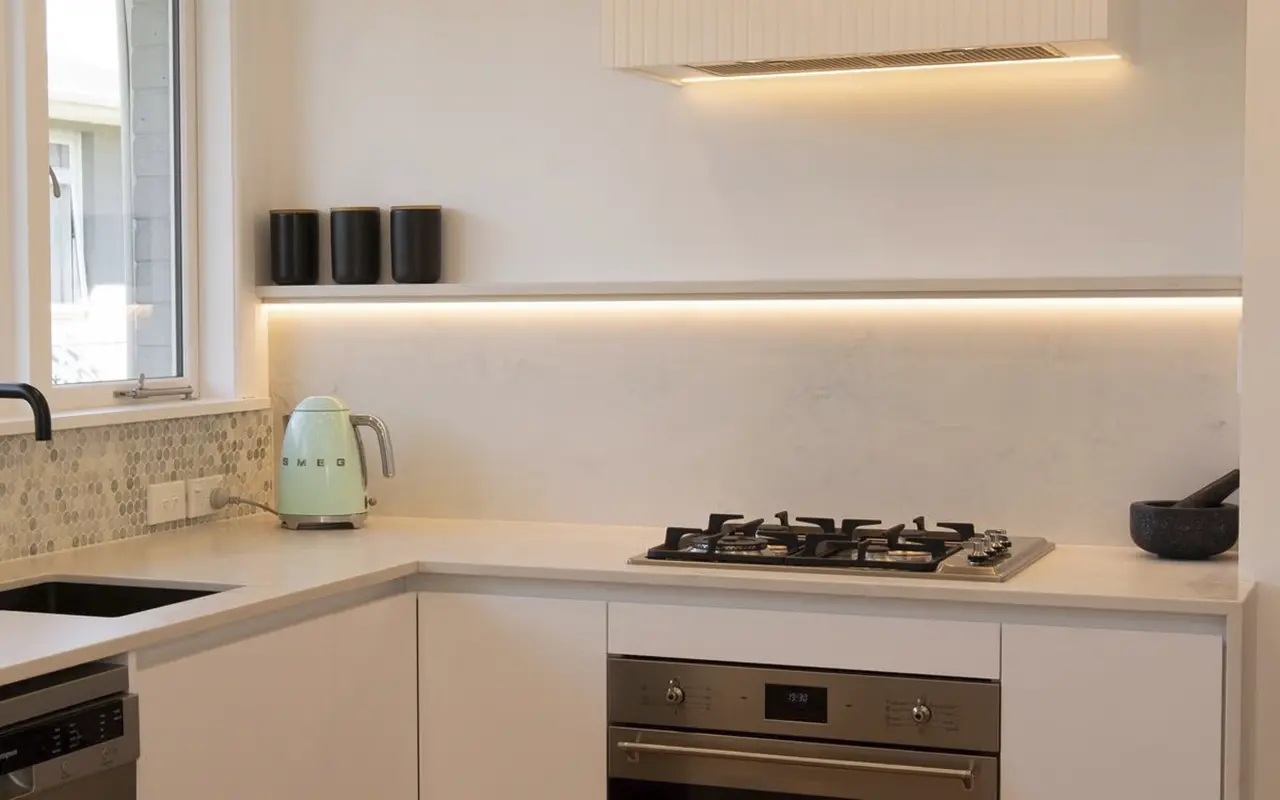
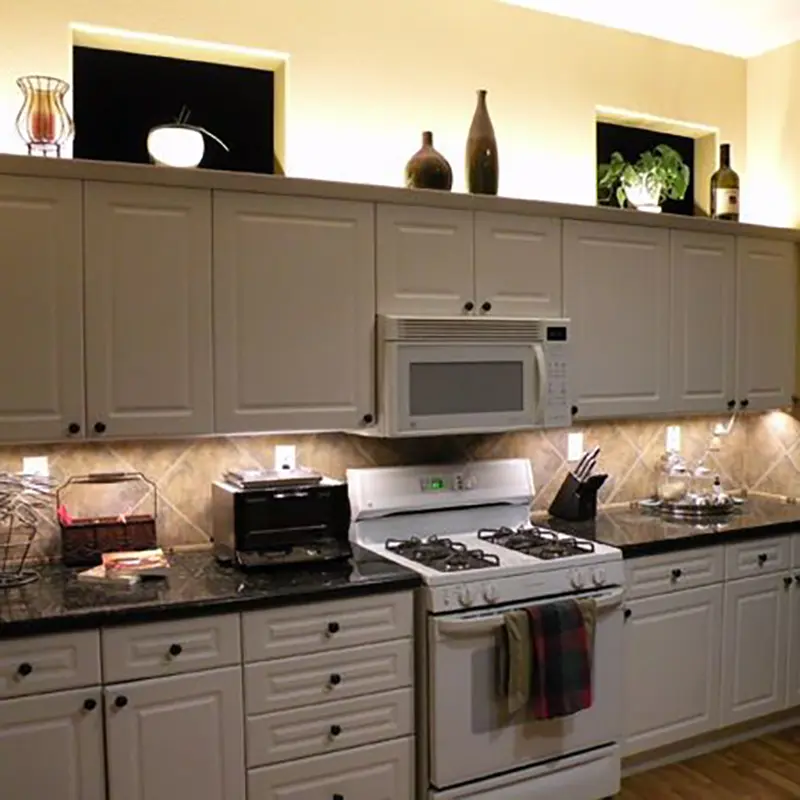
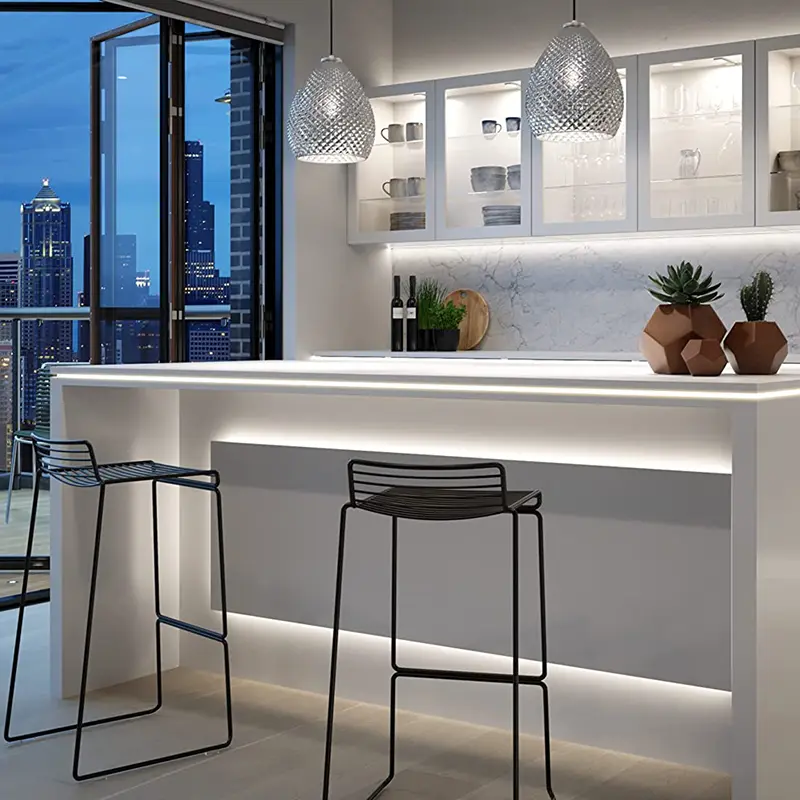

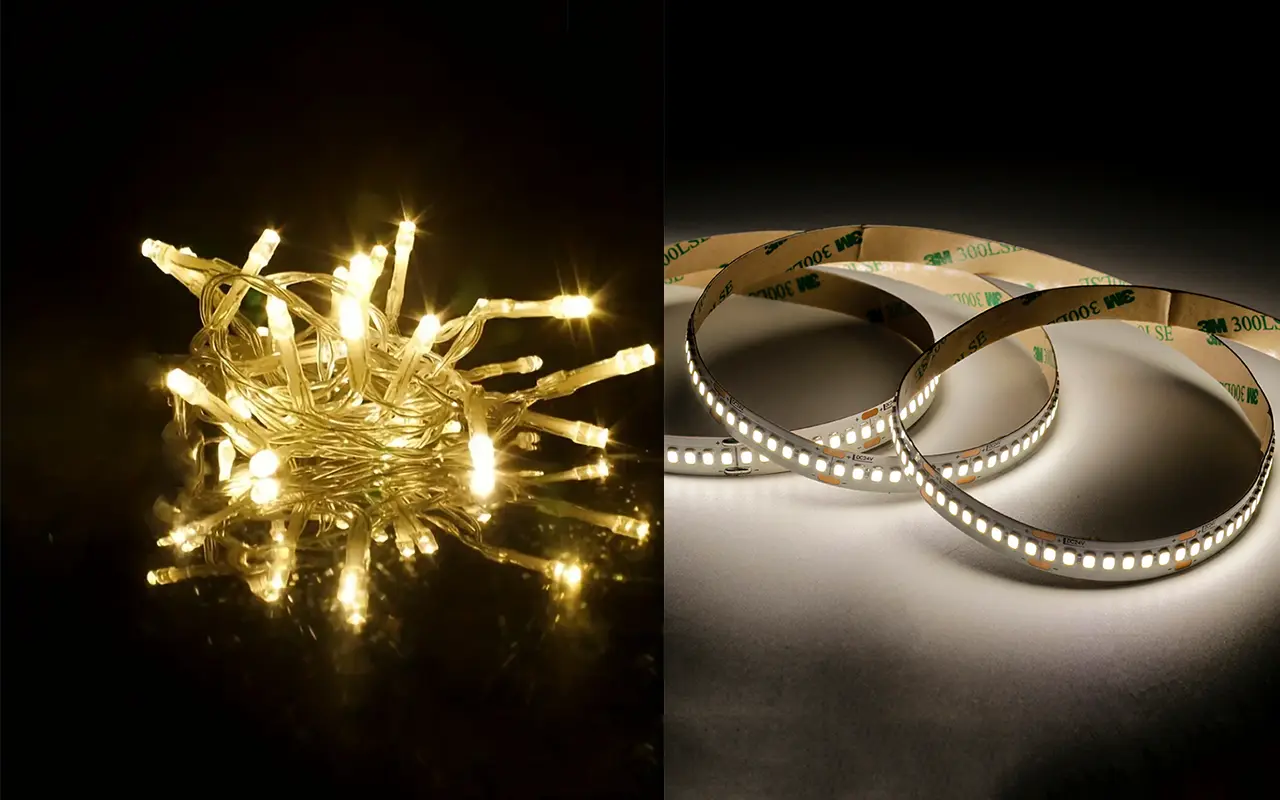
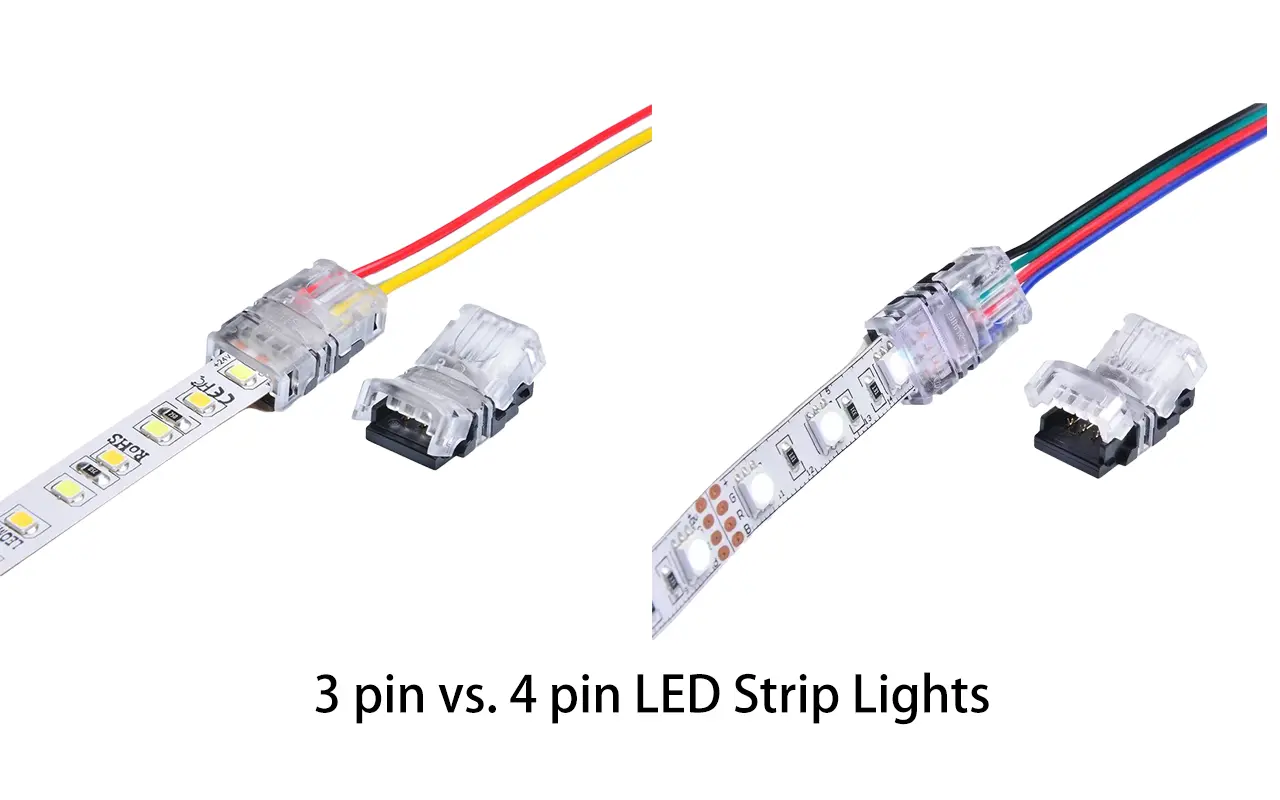
Hinterlasse einen Kommentar
An der Diskussion beteiligen?Hinterlasse uns deinen Kommentar!